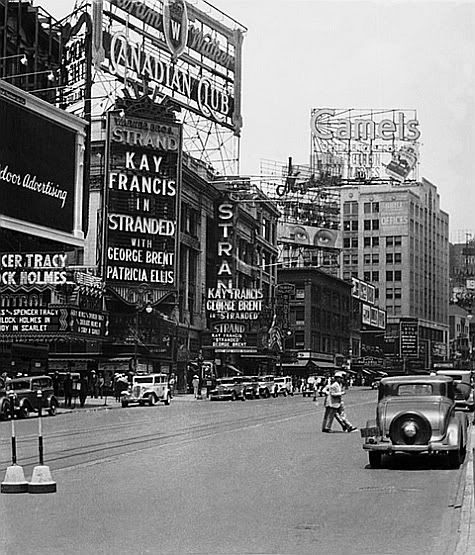‘Avenue Q’ to Transfer Off Broadway
By Dave Itzkoff Ethan Miller/Getty Images John Tartaglia, with his “Avenue Q” puppet character Rod in 2005.
Ethan Miller/Getty Images John Tartaglia, with his “Avenue Q” puppet character Rod in 2005.Updated 3:25 p.m. Wipe that tear from your googly eyes and put down the mothballs: “Avenue Q,” the satirical Broadway puppet musical, won’t be shutting down altogether, and will instead transfer to an Off Broadway theater. In June, it was announced that “Avenue Q,” an adult takeoff on children’s shows like “Sesame Street” that won the 2004 Tony Award for best musical, would close at the Golden Theater after its Sunday performance. But Sunday night, at what was to be the show’s closing performance, Kevin McCollum, the show’s lead producer, announced that “Avenue Q” will move to New World Stages in Manhattan, where it will resume performances on Oct. 9.
In a telephone interview, Mr. McCollum said that a transfer of “Avenue Q” was being contemplated as far back as February, when ticket sales for the show briefly dipped below the minimum that it guaranteed the Golden Theater. In recent weeks, Mr. McCollum said he and fellow producers Robyn Goodman and Jeffrey Seller began to gravitate to New World Stages, where offbeat fare like “The Gazillion Bubble Show” and “The Toxic Avenger Musical” had thrived. The deal with New World Stages was signed on Sunday, and Mr. McCollum officially revealed it that night to the “Avenue Q” performers, crew and audience members in an onstage speech.
Robert Lopez, who is a co-creator and co-composer of “Avenue Q” with Jeff Marx, said in a telephone interview that he learned of the transfer last week.
He said he suspected, though, that other people in attendance may have known the announcement was coming. “There’s a line in the show about downsizing,” Mr. Lopez said, “and I could tell, there were about 50 people that laughed in the audience, so I figured they knew the secret.”
Mr. Lopez added that Mr. McCollum had asked him to compose a novelty song about the “Avenue Q” transfer to be performed at Sunday’s announcement. “I think I was able to convince him that it would have seemed too planned,” Mr. Lopez said.
The move from the Golden, which seats about 800 people, to New World Stages, where “Avenue Q” will play to about 500 people a night, and where the top ticket price will be reduced to $86.50 from about $110, will result in some cost savings for the production. Mr. McCollum said its capitalization would be reduced to about $800,000 to $1 million, from about $3.5 million for the Broadway run (which was recouped). And advertising costs, he said, would be lowered to about $10,000 a week from $50,000.
Salaries for the performers could come down too. Mr. McCollum said the minimum weekly salary for an Off Broadway performer was about $1,100, compared with $1,600 for a Broadway performer. A spokeswoman for Actors’ Equity Association said that the producers had been given permission to close the show and reopen it under a new contract. Mr. McCollum said offers had gone out for the Off Broadway production, but no casting was ready to be announced.
Mr. Lopez said that the Off Broadway production would likely use a smaller group of musicians, as when it was performed at the Vineyard Theater in 2003, and that some reorchestration of the music might be needed. Otherwise, it will use the same sets (and same puppets), and the show’s creative team, including its director Jason Moore and book author Jeff Whitty, will remain with the show.
Mr. McCollum said that this was the first time that musical had transferred to an Off Broadway theater from a Broadway house in the same season. The Broadway League said it did not keep records on such events, but a spokesman for the Off-Broadway League said that at least two plays had made similar transfers: “‘Night Mother,” which starred Kathy Bates, moved from Broadway to Off Broadway in 1984, as did “Billy Bishop Goes to War” in 1980.
Also, the musical “Simply Heavenly,” with book and lyrics by Langston Hughes, moved from the Playhouse on Broadway to the Renata Theater in Greenwich Village in 1957.
In any case, Mr. McCollum said he was proud to keep alive a musical that satirizes difficult economic realities during a period of financial downturn.
“We just think it’s important that we stay in New York and we stay in the neighborhood,” he said. “Now we’ll let the public decide if it’s a good idea or not.”









No comments:
Post a Comment